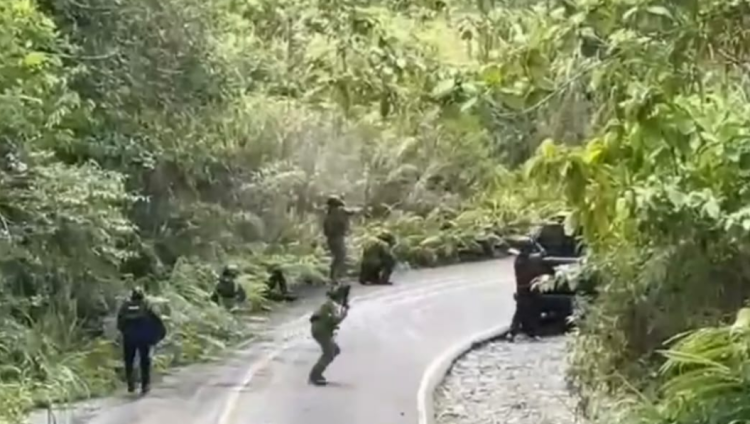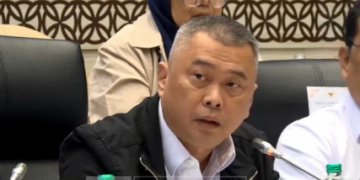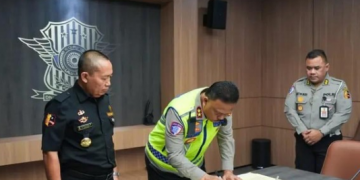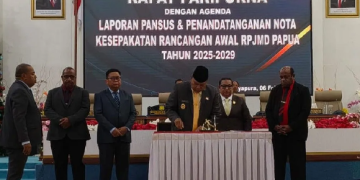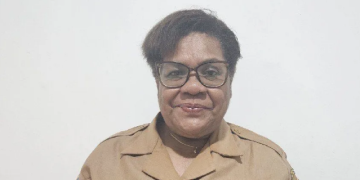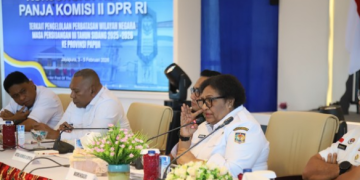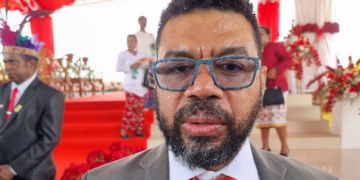Papuaaround.com – The West Papua National Liberation Army (TPNPB-OPM) Kodap XVI Yahukimo announced on Wednesday that it has granted access for church leaders and community figures to evacuate two bodies from a recent shooting in Korowai, Highland Papua. The move was confirmed in a written statement delivered by TPNPB spokesperson Sebby Sambom.
According to the statement, TPNPB commanders Elkius Kobak and Kopitua Heluka authorized the humanitarian corridor after receiving a request from the families of the victims, who are originally from Belu, East Nusa Tenggara. The group emphasized that the decision was taken on humanitarian grounds to allow relatives to recover the remains of their loved ones.
In its message, TPNPB urged Indonesian security forces not to interfere in the evacuation process. The group stressed that the safety of church representatives and their teams must be guaranteed as they carry out the mission. The evacuation was scheduled for Wednesday, September 24, 2025, with religious leaders expected to take the lead.
The group also released a video claiming to show evidence of armed clashes during an earlier attempt to remove the victims. TPNPB insisted that military and police personnel should avoid involvement in the operation in order to prevent further confrontation.
In addition to allowing the evacuation, TPNPB issued a strong warning to migrants from other provinces of Indonesia, particularly those from East Nusa Tenggara and Maluku. The group demanded that gold miners, drivers, motorbike taxi operators, and other informal workers leave conflict areas in Papua immediately. Sambom stated that those who ignore the warning risk being accused of working as intelligence agents for the Indonesian military and could face deadly consequences.
The TPNPB has previously claimed responsibility for attacks in Yahukimo, asserting that its fighters targeted individuals allegedly involved in military intelligence activities within illegal gold-mining zones. However, security officials have rejected this narrative, maintaining that some of those killed were civilians, not combatants. The contrasting claims underline the difficulty of verifying information from the conflict zone.
Civil society groups and local authorities have called for caution in drawing conclusions until independent investigations confirm the circumstances of the deaths. In Papua, church figures and religious organizations often play a crucial role in mediating humanitarian operations, as their involvement is generally seen as more neutral and less provocative.
Observers note that the incident reflects two ongoing issues in the Papua conflict: the economic dependence on small-scale mining activities and the vulnerability of migrant workers who operate in contested areas. The contested accounts of civilian and combatant casualties continue to complicate the narrative, while humanitarian actors work to ensure safe passage for those caught in the violence.
As the evacuation moves forward in Yahukimo, the identities of the two victims and the precise events that led to their deaths remain subjects for further confirmation by independent investigators.

